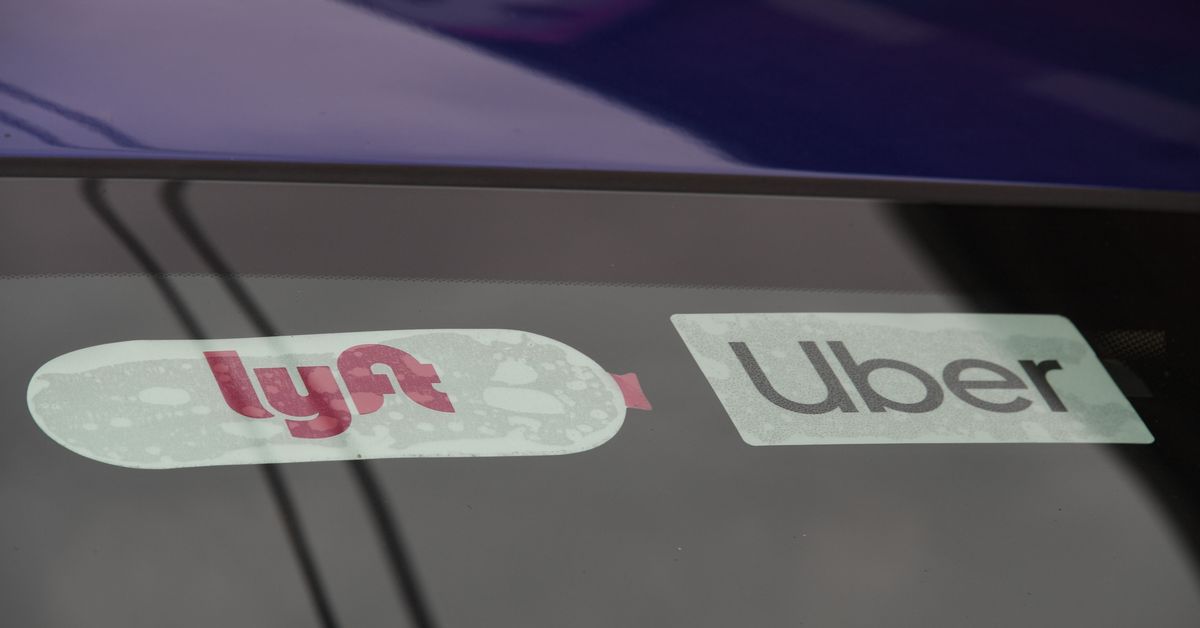
Uber and Lyft announced a “first-of-its-kind” effort to share information about drivers who were deactivated for committing serious offenses, including physical and sexual assault and murder.
Uber and Lyft will pool information under the banner of the Industry Safety Sharing Project, which will be administered by a third party. The companies will share “information about driver deactivations related to the five most critical safety issues within the National Sexual Violence Resource Center’s (NSVRC) Sexual Misconduct and Sexual Violence Taxonomy, along with physical assault fatalities,” Uber and Lyft said in a joint announcement.
Ride-hailing services have long struggled to keep riders and drivers safe from one another. In its first safety report, Uber disclosed that 3,045 sexual assaults occurred on Uber trips in 2018. Additionally, nine people were murdered during Uber rides, and 58 people died in auto-related crashes. Interestingly, Uber said that drivers reported being victims of assaults at roughly the same rate as riders.
A 2018 CNN report found that at least 103 Uber drivers and 18 Lyft drivers had been accused of sexual assault or abuse. Also in 2019, 19 women sued Lyft for allegedly failing to prevent sexual assault perpetrated by drivers on the platform and for doing little to investigate the complaints. A California woman who says she was raped by a Lyft driver in 2017 also sued the company in September over failing to keep riders safe, while 14 additional women sued Lyft earlier in September over its handling of sexual assault complaints.
Both companies conduct background checks and say passenger safety is their top priority. They also have largely attempted to tackle this issue through technology updates, like in-app “panic buttons,” which let riders instantly dial 911, or ways to report a driver for unsafe activity.
This new project is the first time the two companies have collaborated to share information about drivers who have been accused of the most serious offenses. Drivers are classified as independent contractors, not employees, meaning they can — and frequently do — drive for both companies.
The companies will share information about drivers that commit a serious offense as defined by the NSVRC categories. Once that information is shared, the decision to ban a driver is up to the other company based on its policies and standards. Each company can decide to take action to deactivate that driver, a spokesperson for Uber said.
In addition, drivers and couriers who are being onboarded to either company will undergo a check against this database to verify if their name matches against any deactivations previously shared.
https://www.theverge.com/2021/3/11/22325675/uber-lyft-driver-deactivate-assault-murder-share-safety

